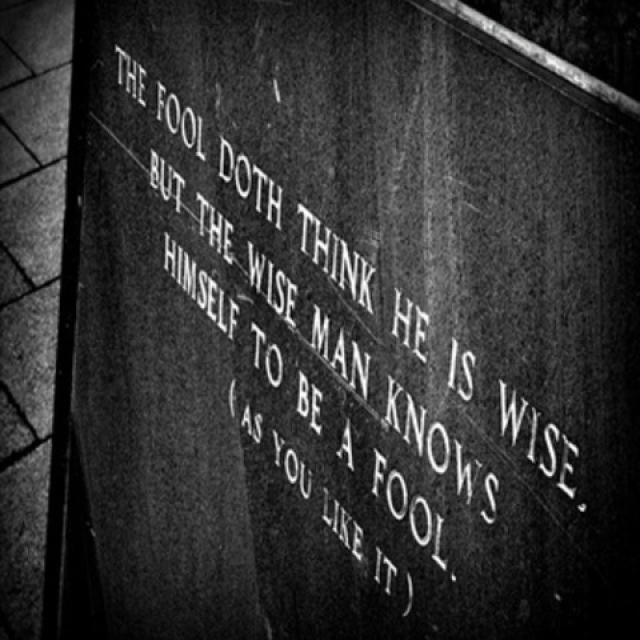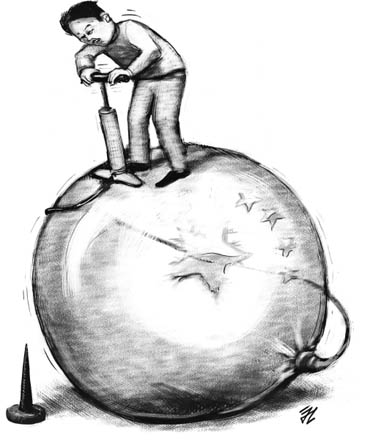“I don’t think that many investors have learned that the more you press, the more problems you get into.” – Peter Bernstein
By far the best thing I read this week was an article by Jason Zweig. It had nothing to do with current events or risks in the markets. In fact, it was published almost a decade ago for a story in Money Magazine.
It was an interview with the late Peter Bernstein, the legendary investor, author and philosopher on the investing process.
This was my favorite Q&A from the article:
Q. Over the course of your career, what are the most important things you’d say you had to unlearn?
A. That I knew what the future held, I guess. That you can figure this thing out. I mean, I’ve become increasingly humble about it over time and comfortable with that. You have to understand that being wrong is part of the process. And I try to shut up at cocktail parties. You have to keep learning that you don’t know, because you find models that work, ways to make money, and then they blow sky-high. There’s always somebody around who looks smart. I’ve learned that the ones who are the most smart aren’t going to make it. I don’t know anybody who left investing to become an engineer, but I know a lot of engineers who left engineering to become investors. It’s just so infinitely challenging.
Unlearning is an important concept for a sound, unbiased process. Many investors spend their time in constant search of new and exciting securities, asset classes, hedges or ETFs to add to their portfolio.
Not nearly enough work is done on simplifying or uncluttering portfolios or investment ideas. Instead of adding complexity to an investment process it makes sense to get rid of bad habits or define certain fund structures or assets to keep out of your portfolio.
Bernstein shares a common trait found among the great investing minds – the ability to admit what you don’t know, namely what’s going to happen in the future. This self-awareness seems to be the first step towards developing the correct mindset when investing in the financial markets. Another quote from the story along this same line of thinking:
After 50 years I still haven’t got it all clear. And that’s okay, because I understand that I haven’t got it all figured out. In a hundred years, I won’t have it all figured out.
A good rule of thumb for those that constantly make prognostications about the future of the markets is that the more precise their forecasts are the less likely it is that those predictions will come true.
Admitting you don’t have it all figured out (and never will) can be an enlightening event for an investor because it frees you up to focus only on what is within your control and ignore those areas which are out of your control.
It’s amazing how truly sound investment advice can withstand the test of time. Bernstein didn’t provide a specific set of portfolio construction guidelines or the perfect investment strategy that everyone should follow in this interview. But he did provide some big picture principles and a sensible perspective, which are much more important in the long run.
Do yourself a favor and read the entire Zweig interview with Peter Bernstein called Peter’s Uncertainty Principle: Part I & Part II
Also, see Zweig’s tribute to Bernstein from this week where I found the original interview: In Honor of Peter Bernstein (WSJ)
Subscribe to receive email updates and my monthly newsletter by clicking here.
Follow me on Twitter: @awealthofcs













